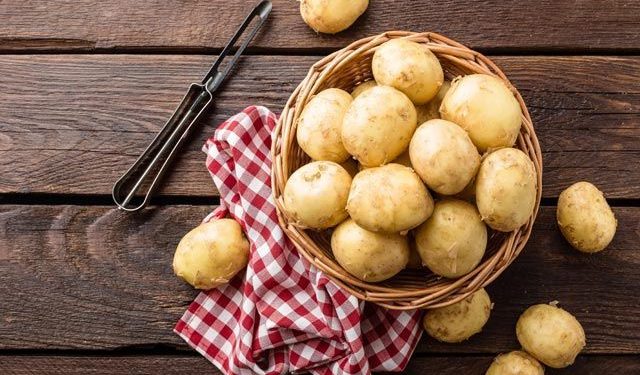Belarus, often referred to as the “Breadbasket of Europe,” has achieved another remarkable agricultural milestone. The Belarusian Ministry of Agriculture and Food reports a staggering harvest of more than 36,000 tons of potatoes. This achievement not only underscores the country’s agricultural prowess but also holds significant implications for its economy and food security. In this article, we will delve into the details of this impressive potato harvest, its impact on Belarus, and what the future holds for the nation’s agriculture.
Potato Harvest in Belarus: A Record-Breaking Achievement
Belarus has a long-standing tradition of agricultural excellence, and its potato production has always been a vital component of the national economy. The 2023 potato harvest is a testament to the hard work and dedication of Belarusian farmers. With over 36,000 tons of potatoes successfully gathered, the country has not only met its domestic demand but also positioned itself for potential exports.
Agriculture as the Backbone of Belarus
Belarus’ agriculture sector has consistently played a crucial role in the nation’s economic stability. It contributes significantly to the country’s GDP and provides employment for a substantial portion of the population. The impressive potato harvest further cements agriculture’s status as the backbone of Belarus.
The Role of Potatoes in Belarusian Cuisine
Potatoes hold a special place in Belarusian cuisine. They are a staple ingredient in various traditional dishes, such as draniki (potato pancakes) and kolduny (potato dumplings). The bountiful potato harvest ensures that these beloved dishes will continue to be an integral part of the nation’s culinary heritage.
Food Security and Self-Sufficiency
The substantial potato harvest contributes to Belarus’ food security and self-sufficiency. It reduces the country’s reliance on imports and enhances its ability to provide affordable and nutritious food for its citizens. This achievement aligns with Belarus’ goal of ensuring food security for all.
Economic Implications and Export Potential
Beyond meeting domestic needs, Belarus is well-positioned to explore export opportunities for its surplus potatoes. Exporting agricultural products can boost the nation’s foreign exchange reserves and strengthen its position in the global market.
Investment in Agricultural Technology
The success of the 2023 potato harvest is not solely attributed to favorable weather conditions. Belarus has been actively investing in agricultural technology, including modern farming equipment and sustainable practices. These investments have improved crop yields and enhanced the overall efficiency of the agricultural sector.
Sustainable Agriculture Practices
Sustainability remains a top priority for Belarus’ agriculture sector. Implementing eco-friendly farming practices and minimizing the environmental impact of agricultural activities is essential for long-term success. The potato harvest serves as a testament to Belarus’ commitment to responsible agriculture.
Challenges Ahead: Climate Change and Modernization
While celebrating the current success, it’s crucial to acknowledge the challenges ahead. Climate change poses a significant threat to Belarus’ agriculture, and adapting to changing weather patterns is imperative. Additionally, ongoing modernization efforts must continue to keep the agricultural sector competitive on a global scale.
Future Prospects for Belarusian Agriculture
The record-breaking potato harvest in Belarus is not just a one-time accomplishment; it reflects the nation’s dedication to agricultural development. The country has the potential to further diversify its agricultural exports, explore new markets, and continue investing in sustainable practices.
Conclusion and Call to Action
Belarus’ achievement of harvesting over 36,000 tons of potatoes is a remarkable feat for the nation’s agriculture sector. It highlights the importance of sustainable farming practices, technological advancements, and the dedication of its farmers. As we move forward, it is essential for Belarus to maintain its commitment to agriculture, adapt to changing conditions, and explore opportunities for export. The world is watching, and Belarus has the potential to become a global leader in agriculture.





